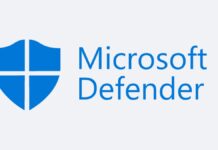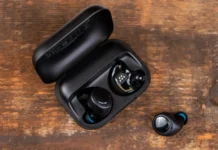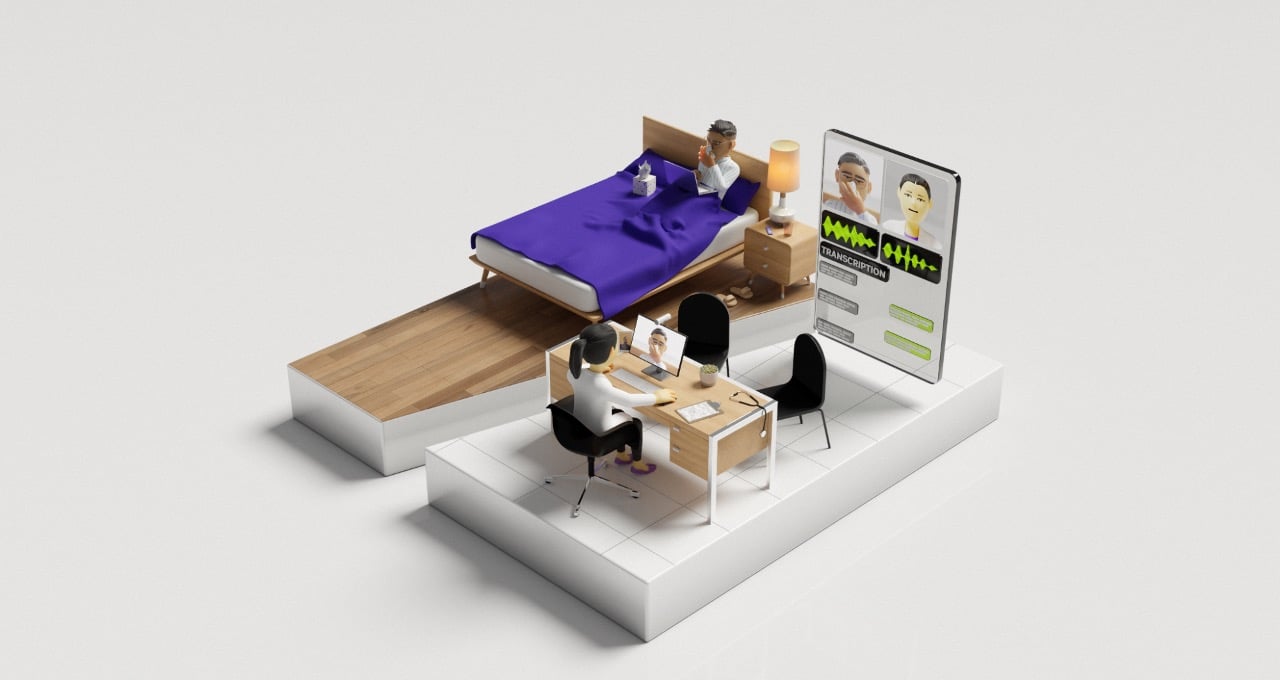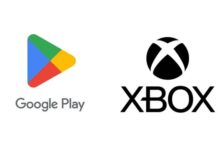In the realm of healthcare, undergoing surgery is often accompanied by a slew of questions and a fair amount of anxiety for patients. To alleviate these pre-surgery concerns, NVIDIA and Deloitte have teamed up to create AI-powered digital assistants that serve as virtual teammates for patients, even before they step into a hospital. These virtual assistants are designed to have natural, human-like conversations, answer a wide range of questions, and provide valuable support before preadmission hospital visits.
This innovative approach, demonstrated through a virtual representative in action, highlights the potential of these digital teammates in addressing patient queries efficiently.
Bringing AI to the Healthcare Frontlines
NVIDIA and Deloitte have collaborated to develop the Frontline AI Teammate, a digital avatar poised for use in healthcare settings such as hospitals. This AI-driven digital assistant engages in practical conversations in multiple languages, offering immediate answers to pressing questions for patients. The Frontline AI Teammate is powered by the NVIDIA AI Enterprise software platform, which incorporates avatars, generative AI, and large language models.
Niraj Dalmia, a partner at Deloitte Canada, emphasized the significance of avatar-based conversational AI agents in the healthcare sector. He noted that these agents present a remarkable opportunity to mitigate the productivity paradox faced by the healthcare system due to digitization. By reducing administrative burdens and complementing human healthcare resources, these digital innovations aim to enhance patient experiences.
Harnessing Next-Gen Technologies for Digital Humans
Digital humans, or avatars, offer lifelike interactions that enrich the experiences of both doctors and patients. Developers can utilize NVIDIA NIM microservices, which streamline the development of AI-powered applications and facilitate the transition of AI models into production. The NIM platform includes a customizable NIM Agent Blueprint, enabling developers to create interactive, AI-driven avatars ideal for telehealth services. Furthermore, the NVIDIA NeMo Retriever, a cutting-edge model for embedding, retrieval, and re-ranking, ensures rapid responses based on the latest healthcare data.
Customizable digital humans, such as James, an interactive demo by NVIDIA, are equipped to handle tasks like scheduling appointments, completing intake forms, and addressing inquiries about upcoming healthcare services. This technology not only enhances the efficiency of healthcare services but also improves accessibility for patients.
In addition to NIM microservices, James leverages NVIDIA ACE and ElevenLabs digital human technologies to provide natural, low-latency responses. NVIDIA ACE is a suite of AI, graphics, and simulation technologies designed to bring digital humans to life. It integrates various aspects of a digital human into healthcare applications, offering capabilities such as speech and translation, which can understand diverse accents and languages, as well as realistic animations of facial and body movements.
Enhancing Patient Experiences in Hospitals
Hospital patients often find themselves overwhelmed by the abundance of pre-operative information. Typically, they have only one preadmission appointment, which may occur weeks before the surgery. This can leave patients with lingering questions and mounting concerns. Moreover, the stress of a serious diagnosis may prevent them from asking all the necessary questions during these brief interactions.
Consequently, patients may arrive unprepared for their preadmission appointments, lacking essential information about the appointment’s purpose, duration, location, and required documentation. This lack of preparedness can lead to delays or even rescheduling of surgeries.
To improve patient preparation and reduce pre-procedure anxiety, The Ottawa Hospital is utilizing AI agents powered by NVIDIA and Deloitte technologies. These digital teammates provide patients with consistent, accurate, and continuous access to information.
Patients benefit from the following features:
- 24/7 access to the digital teammate via a smartphone, tablet, or home computer.
- Reliable, preapproved answers to detailed questions, including information about anesthesia and the procedure itself.
- Post-surgery consultations to address any questions regarding the recovery process, potentially enhancing treatment adherence and health outcomes.
In user acceptance testing conducted during the summer, a majority of testers reported that the responses provided by the digital teammate were clear, relevant, and met the needs of their interactions.
Mathieu LeBreton, the digital experience lead at The Ottawa Hospital, expressed optimism about the Frontline AI Teammate’s potential to address the healthcare human resource crisis. He emphasized that this innovation could reduce administrative burdens, allowing healthcare providers to allocate more time to delivering quality care. The opportunity to explore these technologies comes at a crucial time, given the planning of the New Campus Development, a new hospital project in Ottawa. He stressed the importance of identifying the problems being addressed to ensure responsible and transparent implementation.
Deloitte is actively collaborating with other hospitals and healthcare institutions to deploy digital agents. A patient-facing pilot with Ottawa Hospital is expected to launch by the end of the year.
Developers interested in exploring this technology can begin by accessing the digital human NIM Agent Blueprint, available for building AI-driven avatars for customer service applications.
For more information on the NVIDIA AI Enterprise platform and related technologies, you can visit the official NVIDIA website.
For more Information, Refer to this article.

































